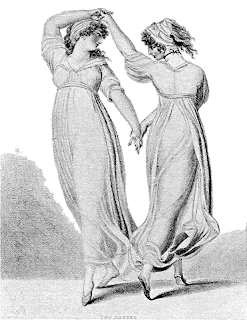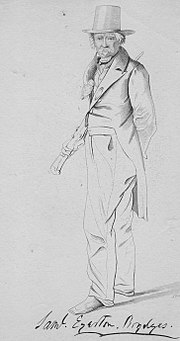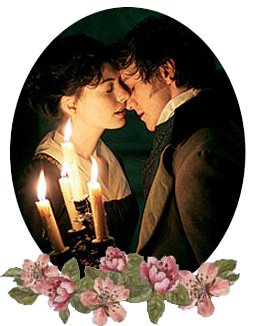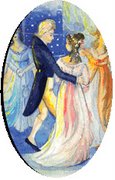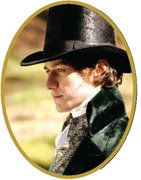Tom Lefroy Quote Week 14

We will visit the Lefroy family for our Christmas quote. This is from Chapter 12 of the Memoir of Chief Justice Lefroy:
The habit of keeping the Easter and Christmas festivals, as seasons of family re-union, was invariably observed in our Home circle, and wherever the scattered members might be, as Easter or Christmas drew near, no pleasure had sufficient attraction for any of them, and no inconvenience was a sufficient hindrance, to prevent the family-gatherings that used to render these seasons the opportunities for a happy interchange of thought and affection, which seemed equally valued by all.
There is one other instance where "Christmas" plays a part in the Lefroy family. Our dear Tom married Mary Paul whose Grandfather was named "Christmas Paul". I thought that most unusual, since I have never heard of anyone naming their child "Christmas". But to top that off, Tom and Mary named their daughter "Jane Christmas Lefroy". I am of the mind that the name "Jane" was for the Mother of Mary Paul Lefroy and not our Jane Austen, as some may believe.
So, we of Becoming Jane Fansite wish the Christmas season pleasure enjoyed by the Lefroy family to you and yours this holiday season.
Blessings,
Linda the Librarian
Pic: Christmas tree

